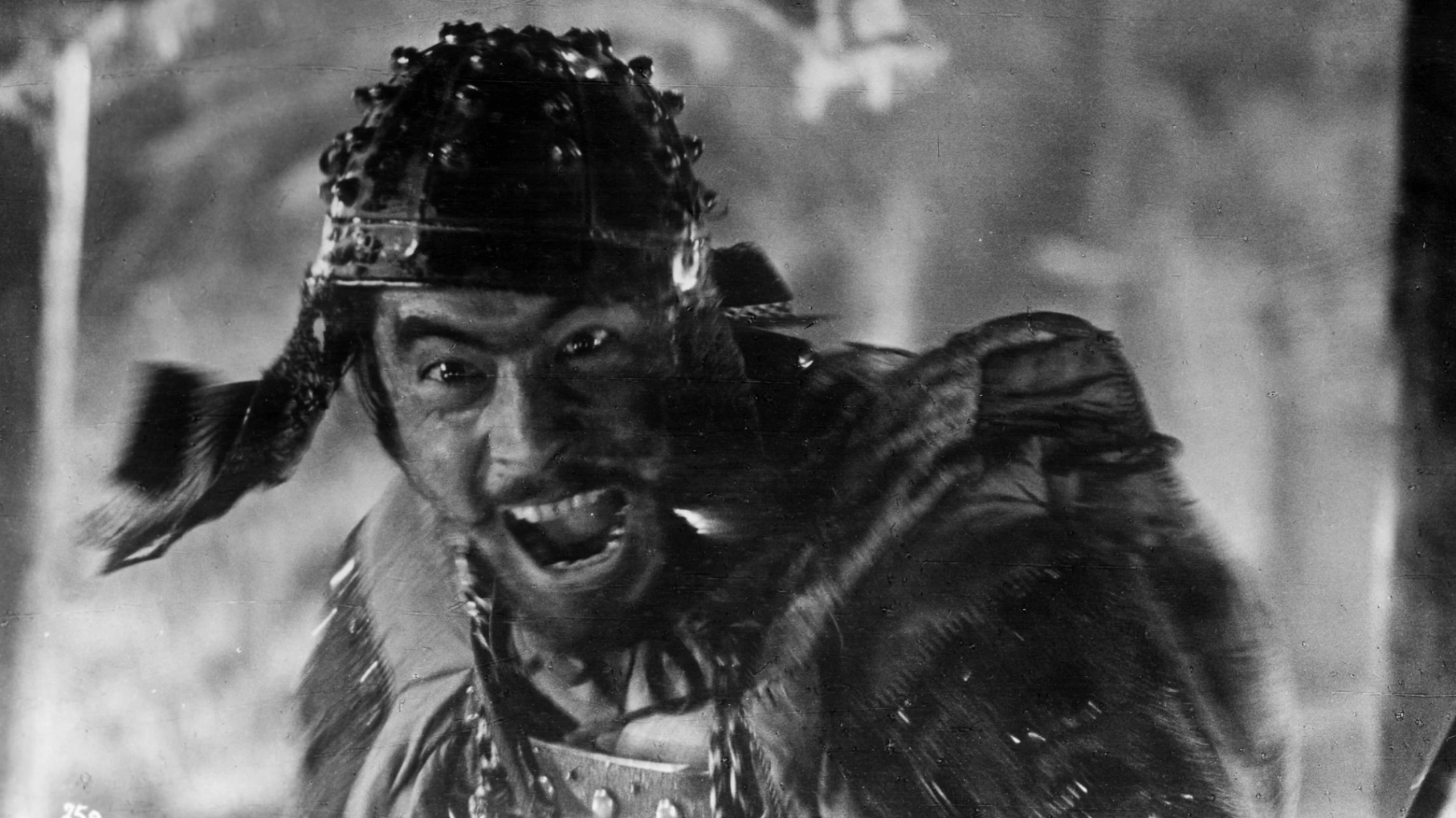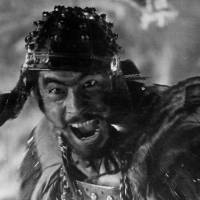Kyoto is a great destination for a variety of reasons — and the Kyoto International Film and Art Festival (KIFF) wants to be one of them. Its third edition, which just wrapped up on Oct. 16, offered everything from the arts and crafts for which Kyoto is famous to screenings of 108 short and feature films at 21 venues around the city.
When asked about the festival's identity, KIFF Executive Committee chairman Ichiya Nakamura said, "We want to show arts and films and everything else to everybody." For the present, "everybody" refers mainly to the locals, who drove attendance to a festival record of 280,000. But, Nakamura, added "We have to think about how to make the festival more international."
One way would be to add more subtitled screenings. The opening film, Steven Okazaki's "Mifune: The Last Samurai," was shown without subtitles — too bad for non-Japanese speakers, since it featured interviews with many actors and others who worked with Japan's first true international star.
Another un-English-subbed highlight was "Fake," Tatsuya Mori's revealing documentary about Mamoru Samuragochi, a famous composer who was compared to Beethoven until he was found to be faking total deafness.
Fortunately, a newly discovered version of the 1929 Yasujiro Ozu short comedy "A Straightforward Boy" played with English subtitles, expertly accompanied by benshi (narrator) Ichiro Kataoka. But it was also one film in this diverse and mostly delightful festival that really didn't need them.




